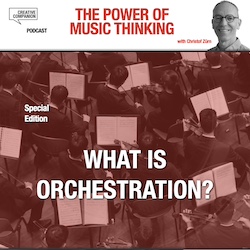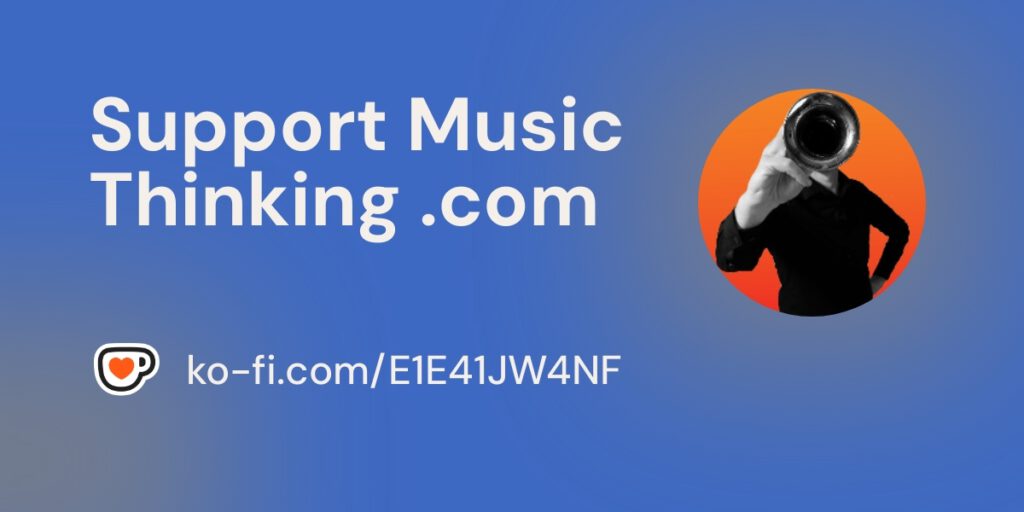
In the last years and month I saw it on LinkedIn and other social media, I hear it in conversations, I see it in job descriptions and many different places: Orchestration.
But, what is it?
And, what is an orchestrator? What do they do?
Is everybody now a musician or music thinker?
Is it important? And Why should we care?
What challenges surround orchestration exist in different fields, and can music, music thinking, or the grandmaster of orchestration, Rimski-Korsakov, help?
Here is a quote from the foreword of his famous Principles of Orchestration from 1891:
A treatise on orchestration can demonstrate how to produce a well-sounding chord of certain tone-quality, uniformly distributed, how to detach a melody from its harmonic setting, correct progression of parts, and solve all such problems, but will never be able to teach the art of poetic orchestration. To orchestrate is to create, and this is something which cannot be taught.
In this short episode, I discuss my pre-research about this in different fields.
Note: (update September 2025): Please find the released paper here:
The Analogy Of Orchestration In Systemic Co-Design
Listen now to What is Orchestration?
You can also listen to it on Spotify, Apple or any other player.
Show notes
- Pre-research survey: https://forms.office.com/e/MJchG9yEgP
- Principles of Orchestration by Rimski-Korsakov on Project Gutenberg
- Everything about Orchestration with Robin Hoffmann (professional film orchestrator)
Show support
Please choose one or more of the ‘three ways to support the show’:
- Subscribe to the podcast. Leave us a review — even one sentence helps! I appreciate your support; it helps the show!
- Tell your friends about the podcast and musicthinking.com
- Buy the book The Power of Music Thinking and/or the Jam Cards at a 20% discount using musicthinking20 at the check-out of the BIS Publishers website only.
Keep the podcast and musictinking.com running & ad-free
The most valuable support you can offer is to continue listening and sharing the podcast. For years, my goal has been to share all the ideas from Music Thinking freely and without hassle, and that will never change.
However, if this podcast has sparked an idea, offered a new perspective, or provided a tool you’ve found useful. You can now show your appreciation and help sustain the show through our new Ko-fi page.
Your support, whether a one-time ‘coffee’ or a monthly membership, makes a huge difference. Thank you for being part of this journey. Please buy me a coffee, support Music Thinking on Ko-fi:
https://ko-fi.com/musicthinking

